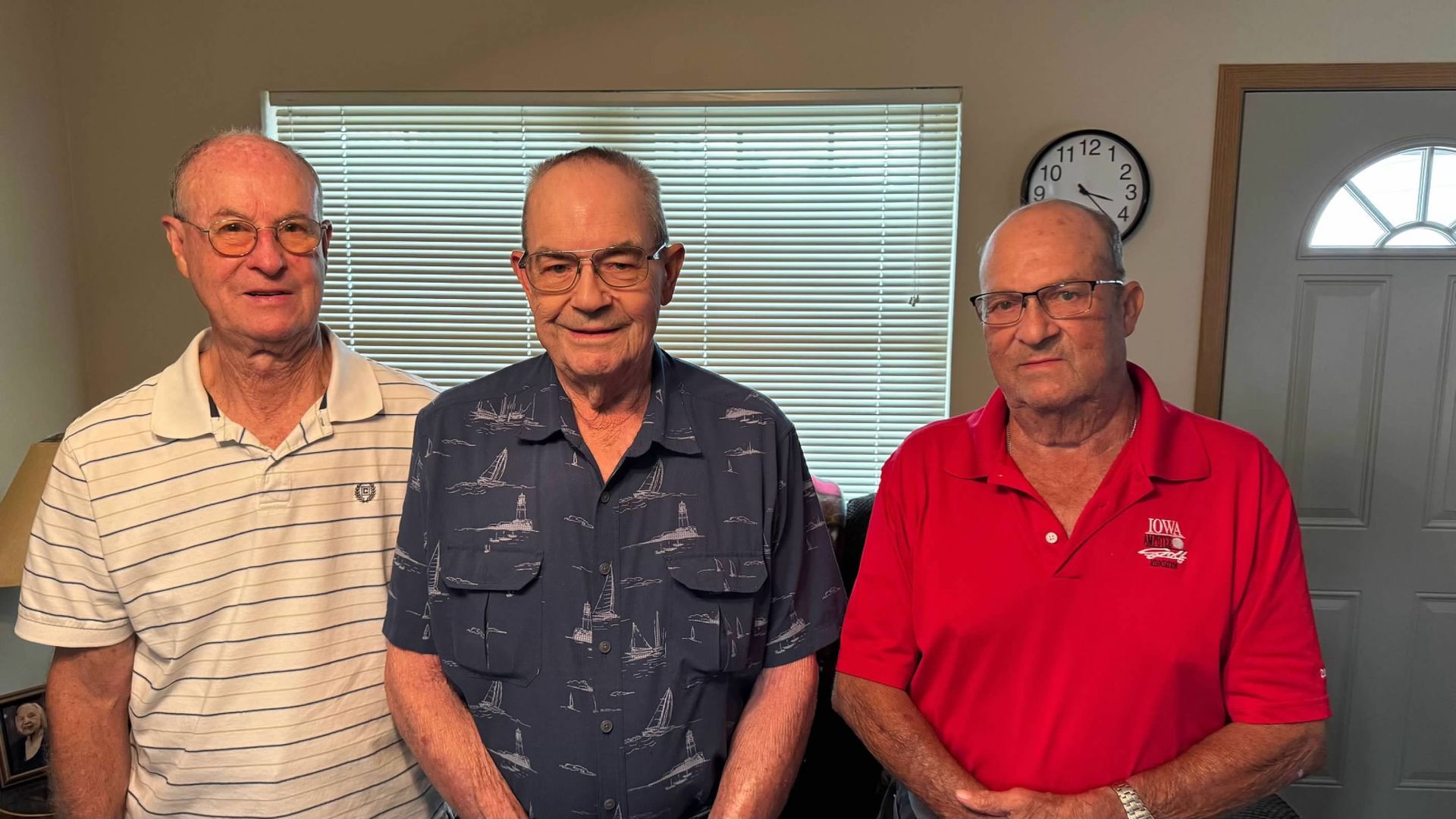The Importance of Imagining Brighter Days
Nebraskans experienced what seemed like an entire winter in two weeks last month. Those, like me, who have been around for decades of Nebraska winters recognize that winter can be much harsher and last a lot longer, but for those two weeks, winter misery prevailed.
Then, it suddenly changed. In just a few days, we went from sub-zero overnight temperatures to temperatures in the sixties. Many areas experienced 70-plus temperature changes from one week to the next. The change was remarkable, and it not only melted the snow and ice, it also quickly erased our memories of the misery we felt just days before.
Life is often like that. We can get so bogged down in difficult times that we can’t even imagine brighter days. Then, when brighter days happen, our memories mercifully tamp out the misery. The challenge is to resist unhappiness and frustration during trying times, and to remind ourselves that brighter days are ahead. It’s an exercise in hope, and one that’s crucial to our happiness, especially when things are not working out the way that we want them to.
Amid the miserable weather of those two weeks, while the snow and ice kept me homebound, I slipped and fell when getting out of the shower. That left me with a diagonal slash across my back, sprained finger and deep bruising on my right hip and foot. Fortunately, no emergency room visit was needed this time, and I was able to continue on with my day and week, albeit much sorer and slower than usual. The worst of the injuries happened to my already weak right side, and resulted in that leg being much tighter than it normally is, which made getting around even more challenging than it already was.
As always, I don’t share these challenges looking for sympathy. Rather, I want to acknowledge the occasional suffering that happens behind the scenes for all of us. Most of us try to put on a brave face and keep our problems behind closed doors, but everyone endures tough times at one time or another. It’s during those times that we need to find hope and optimism, and the best way to find hope and optimism is to focus on brighter days ahead.
Like the weather, our fortunes can quickly change. I focused on that as ice and injury kept me homebound. I’ve been injured before and stuck at home by weather before, but rarely at the same time. In fact, the timing was quite convenient. Since the weather was already keeping me in, I could use that time to heal. Admittedly, those days were not without frustration and sadness, but I fought off those feelings with hope and optimism.
Hope and optimism are almost always more elusive during difficult times, when we need them the most. That’s why we must make a concerted effort to summon them. If we don’t, we risk unnecessarily prolonging misery.
As the weather improved, so did my body, like it had hundreds of times before. Before long, I was back doing the things I normally do, and my confidence level inched forward, as I proved to myself that I could survive another challenge and the brighter days I imagined came to be.
If you are going through a difficult time, remind yourself that tough times never last, and that brighter days are ahead. If you do that enough, it becomes a defense mechanism that you can refine and use each time your days darken.

